Capitulation?
Corsican leaders have cautiously welcomed French President Emmanuel Macron's move to offer Corsica autonomy talks.
Friday, 18.03.2022.
11:11
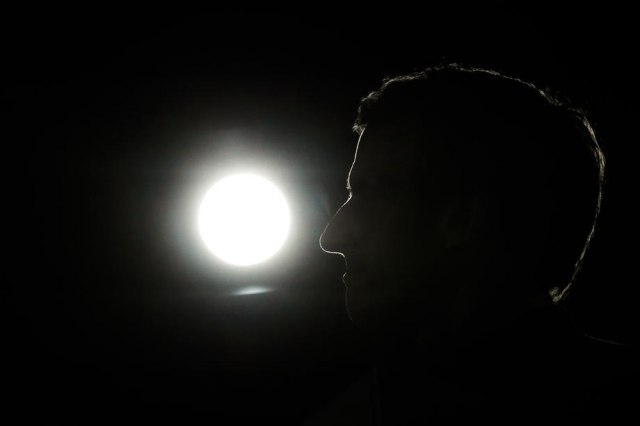
Capitulation?
On the other hand, Macron's opponents claim that this is a capitulation and a violation of the ancient French principle of a unitary state.Paris could offer "autonomy" to Corsica, the French government said, suggesting that the state might be willing to loosen its historical, centralized grip on the Mediterranean island, where it is trying to quell several days of violent protests, the Guardian writes.
"We are happy to go all the way to autonomy - please, the word has been spoken," Interior Minister Gerald Darmanin said ahead of a visit to the island following riots that injured more than 100 people.
Noting that the protests on the island created a major government crisis a few weeks before the presidential election in April, the Guardian points out that this is the first time that a minister in the French government has proposed autonomy to Corsica, an island with 330.000 inhabitants closer to Italy than mainland France. Radio Free Europe reports. Napoleon Bonaparte's birthplace has been part of 18th-century France, and while its status and calls for greater independence have long troubled Paris, French presidents have pushed those calls under the rug. It is believed that Macron, during his mandate from 2018, did not manage to move the issue of the reform of the status of the island, which additionally frustrated the autonomists and Corsican nationalists.
Paris did not give details of the proposal for autonomy, but the Guardian points out that the debate could examine the autonomous status in which Corsica assumes certain legislative powers, such as taxation, local economic development and housing on the island, known for its large Corsican cottages. Violence at protests this month was sparked by the beating of Corsican prisoner Yvan Colonna, who was convicted of killing 1998 high-ranking island official Claude Irignac, according to France 24 television.
Darmanin said the convicted killer was attacked by a jihadist prisoner allegedly for "blasphemous" comments at their prison in Arles, in the south of France. He described the attack, after which Colonna remained in a coma, as "an obvious terrorist act".
However, Corsican nationalists have blamed the French state for the attack on Colonna, whom many consider a hero of the struggle for independence after he was on the run for 1.503 days while hiding in the thickets of Corsica. They point to the long-standing refusal of the French state to transfer Colonna and his accomplices to a prison in Corsica, closer to their families.
For the past two weeks, France 24 points out, protesters have targeted government buildings and French symbols, including the national flag. Prosecutors say at least 102 people, including 77 police officers, were injured during the conflict in the town of Bastia on Sunday (March 13th) alone.
The government has tried to calm the anger by revoking the status of "special prisoner" to Colonna and two of his accomplices, forbidding them to be transferred to a prison in Corsica. However, the French television channel points out, the move failed to calm down protesters who saw the belated decision as an additional insult.
In addition to the return of Corsican prisoners, nationalists have long sought greater powers for the island and the recognition of Corsican as the official language. Such demands are very sensitive in France, where politicians routinely emphasize the need to protect the country's unity and national identity, while experts warn that amid growing frustration over the lack of progress, Corsican patience is dwindling. While the move of Paris to offer Corsica the possibility of autonomy was cautiously welcomed by island council President Gilles Simeoni, who said the concession opened up "prospects to be strengthened", Macron's rivals in the election accused him of capitulating and violating the ancient French principle of unitary state.
Far-right presidential candidate Marine Le Pen said Macron was sending a "catastrophic message" by giving in to rioters who support the assassin of the prefect of the state. Conservative Republican candidate Valerie Pecresse said the president was "giving in to violence", while on the left, Anne Hidalgo, a Socialist candidate and mayor of Paris, said Macron's offer was an election trick to win Corsica's favor.
Simeoni is one of a new generation of moderate nationalist leaders in Corsica who are looking for autonomy as a realistic solution to the troubles of an economically problematic island, which largely depends on finances from Paris. Ahead of the meeting with Darmanin, he said that Corsica does not ask for anything more than an autonomous status which is "usually the right for many European regions, and especially for all the main islands in the Mediterranean".
However, according to analysts, the Times points out that the movements for giving new powers could pave the way for demands for special treatment of Britons, Basques and nationalist-oriented citizens from other French regions.
The identity of France as a nation has been forged over the centuries by the success of rulers in forcing uniformity between provinces and principalities, while, the London paper adds, local parliaments have been abolished and loyalty to Paris has been imposed.
Former President Francois Mitterrand gave modest powers to regional councils in the 1980s, when Corsica also won an assembly and limited executive power. Despite that, the Times emphasizes, France remains one of the most centralized countries in the world.






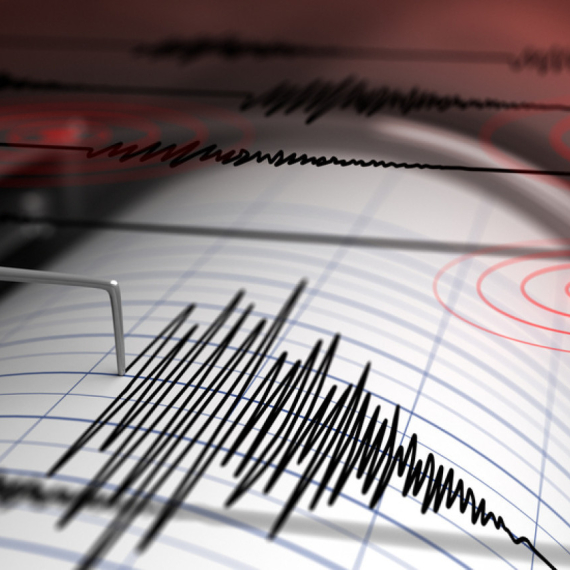




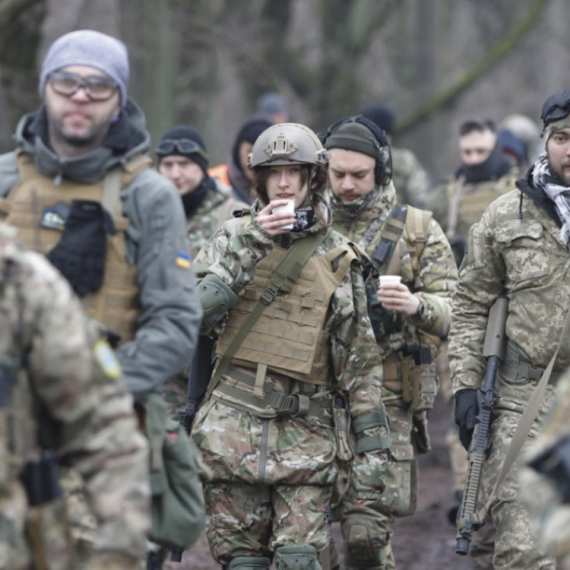
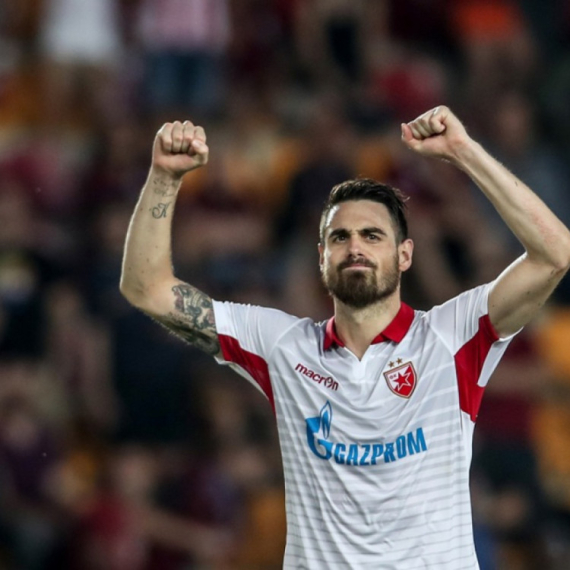
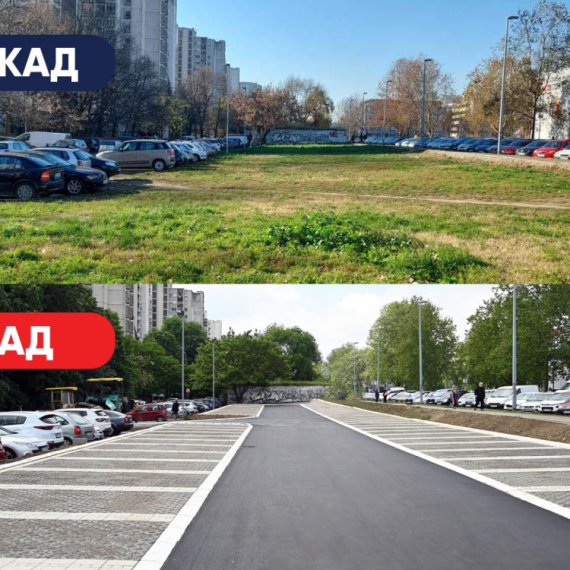
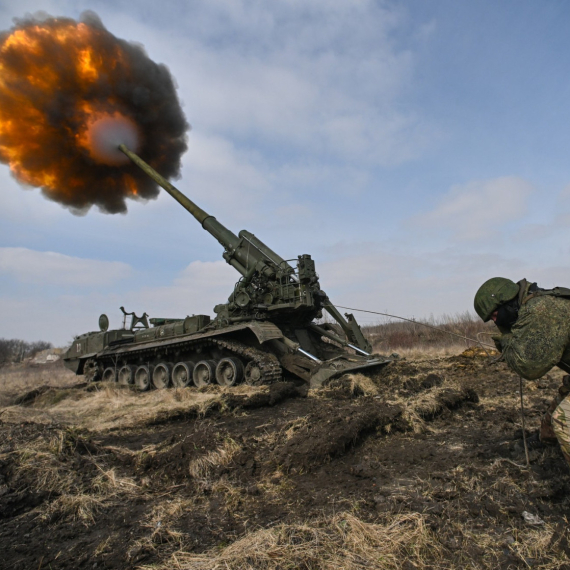

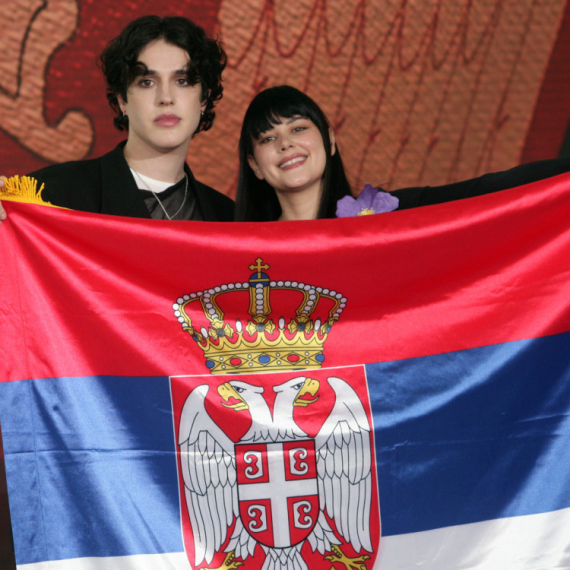
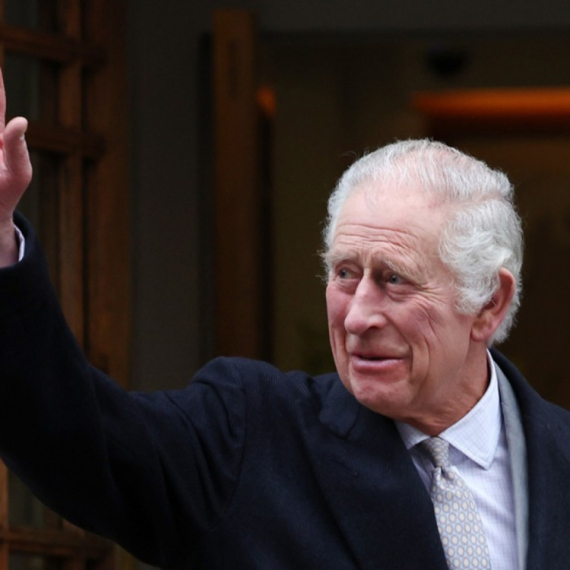
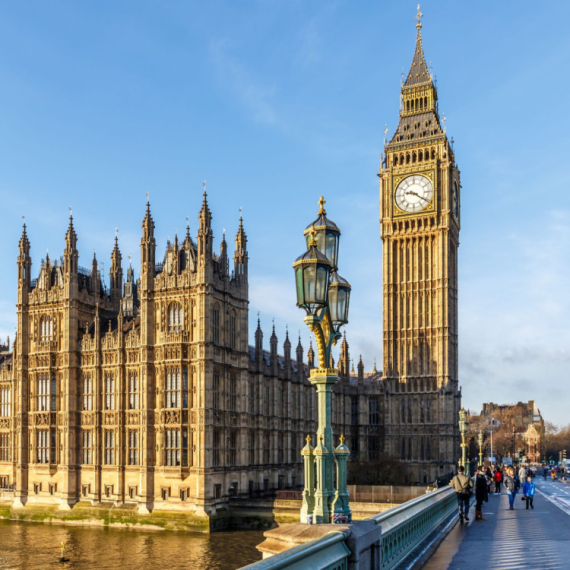

















Komentari 2
Pogledaj komentare